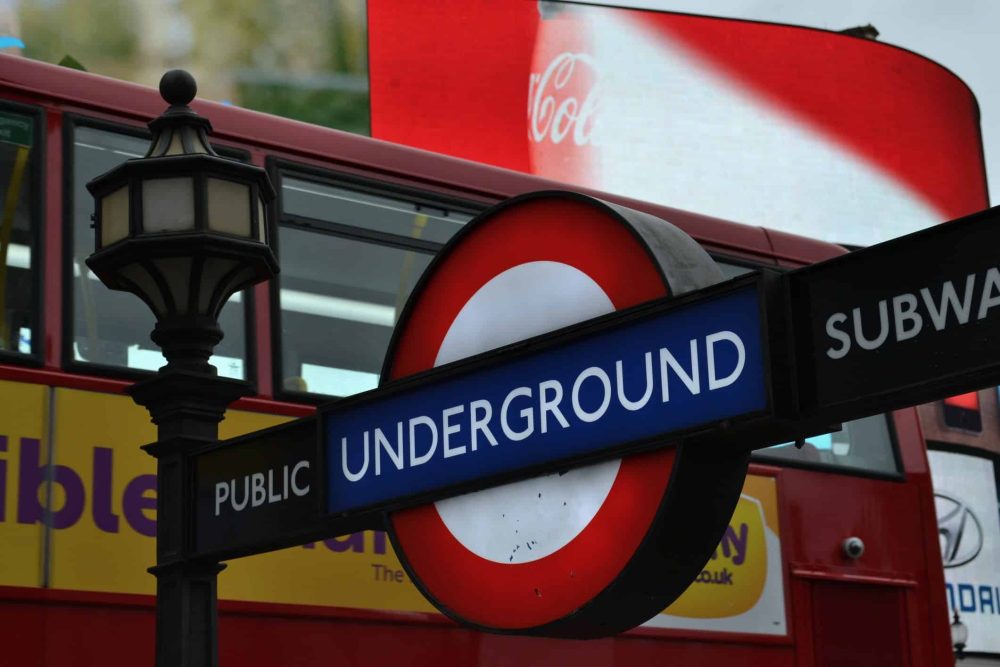The RMT union has called off a planned four-day strike that could have crippled all TFL London Underground services.
The union’s decision came after “positive” talks with Transport for London (TfL), facilitated by additional funds from the mayor of London.
RMT members’ walkout on Friday, January 5, over pay, witnessed stoppages by engineers and network control staff.
The strike’s major impact was expected today (Monday, January 8).
It would have seen frontline staff in stations, train operations, and signaling were set to join the protest.
The RMT general secretary, Mick Lynch, said: “Following further positive discussions today, the negotiations on a pay deal for our London Underground members can now take place on an improved basis and mandate with significant further funding for a settlement being made available.
“This significantly improved funding position means the scheduled strike action will be suspended with immediate effect and we look forward to getting in to urgent negotiations with TfL in order to develop a suitable agreement and resolution to the dispute.”
The union members voted to strike over a pay hike due in April 2023.
Looking to boost your online brand? Create your FREE business profile at WhatBiz? Here
TfL had offered a five percent increase, but the union argued that the transport authority could afford more.
RMT cited instances like a £40,000 salary rise for the transport commissioner, Andy Lord.
Union members had also objected to plans to freeze salary bands for low-paid roles and called for the restoration of certain travel benefits.
Sadiq Khan: Deal “shows what can be achieved by engaging and working with trade unions”
London Mayor Sadiq Khan said the strikes would have cost the hospitality industry £50m, and the suspension “shows what can be achieved by engaging and working with trade unions and transport staff, rather than working against them”.
Need Career Advice? Get employment skills advice at all levels of your career
The train drivers union Aslef had previously accepted the five percent offer.
Another rail union, TSSA has announced plans to ballot for industrial action, and Unite had yet to accept the deal.
The financial strain on TfL, exacerbated by pandemic-induced lockdowns and shifting work patterns, has been a massive backdrop to the negotiations.
70 percent of its budget is traditionally derived from fares, particularly from tube passengers.
While ministers granted £250 million for investment last month, daily transport funding from the central government has ceased.
Follow us on YouTube, X, LinkedIn, and Facebook.




